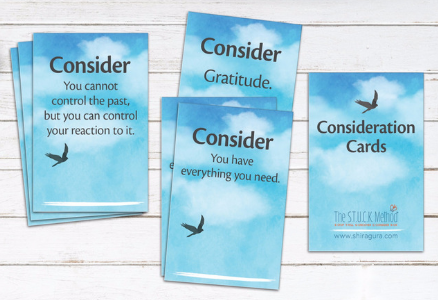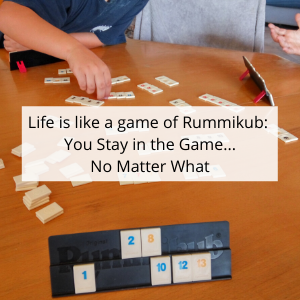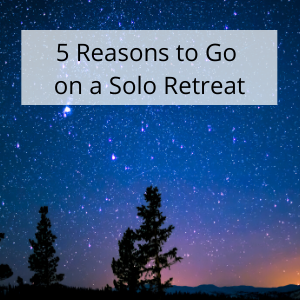The 3 Secrets to Living a Deliberate Life
Most people who are on a path of self-actualization or self-development, aspire to live a life of intention. They choose this path because they know they are meant to evolve as a human being, rather than stay stuck in who they are, what their past presented, or how they were raised. And yet, living a life of intention is not easy, as life presents obstacles and resistance which block one’s ability to manifest their desires.
Living deliberately seems easy on the surface, but when taking a deeper look, one will realize that simple doesn’t always equate with easy. And so the question arises, how do you live a deliberate life, despite the roadblocks that you will face.
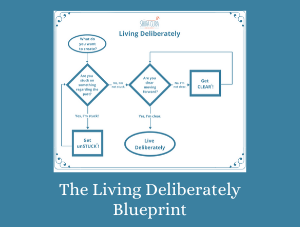 Here are the 3 secrets that most people do not know about living deliberately:
Here are the 3 secrets that most people do not know about living deliberately:
- Identify what it is you want to create. This may sound so obvious that most people would naturally want to skip over this step, but in fact this is the most important place to start if you want to live a life of intention. What is it you want to create? If you are struggling in your marriage, do you want to create a loving relationship or do you want to leave? I cannot tell you how many clients I have asked this question to and they are shocked into silence. They do not know. They’ve never thought about this question before. They never recognized that they are in the driver’s seat of their life and that they can actually control what it is they want to create.
Keep in mind: I am not asking what it is you want to have, but rather what it is you want to create. There is a big difference here! Waiting to “have” something is putting you in the victim spot. That is, you will only be happy or fulfilled if you “have” that thing. The problem with that mentality is that you can wait a lifetime (or never!) to have that thing! Rather, put yourself in the driver’s seat and be the writer, director, and producer of your own life. Write your story! What do you want to create?
2. Determine your compelling “why.” It’s not enough to know what it is you want to create, you need to determine you “why.” Your why is incredibly important because when you begin your path towards living deliberately, you are going to hit bumps along the road. All sorts of obstacles (desires, difficult people, temptations, and more) will arise and if you don’t remember your “why,” you may fall into the trap of the lower brain and fall of track completely. Identify your why so that when you hit resistance, you will remember why you decided to start on this journey in the first place!
3. Arm yourself with tools. Let’s face it. When obstacles arise, sometimes you won’t be able to trust yourself to stay on track. You’re only human. What can you expect? Don’t be so hard on yourself. This work is not easy – no one ever said it was! But, what you can depend upon are your tools! When you get stuck, you’ll need a tool to get unSTUCK! Once you’re ready to move forward, you’ll need to get CLEAR so that you don’t get stuck in the future! You must have tools because without them, you can easily fall of track and lose your way.
Once you know these 3 secrets and you acquire yourself tools, I am firm believer you can create anything you heart desires!
To learn more about The Living Deliberately Blueprint, click here.
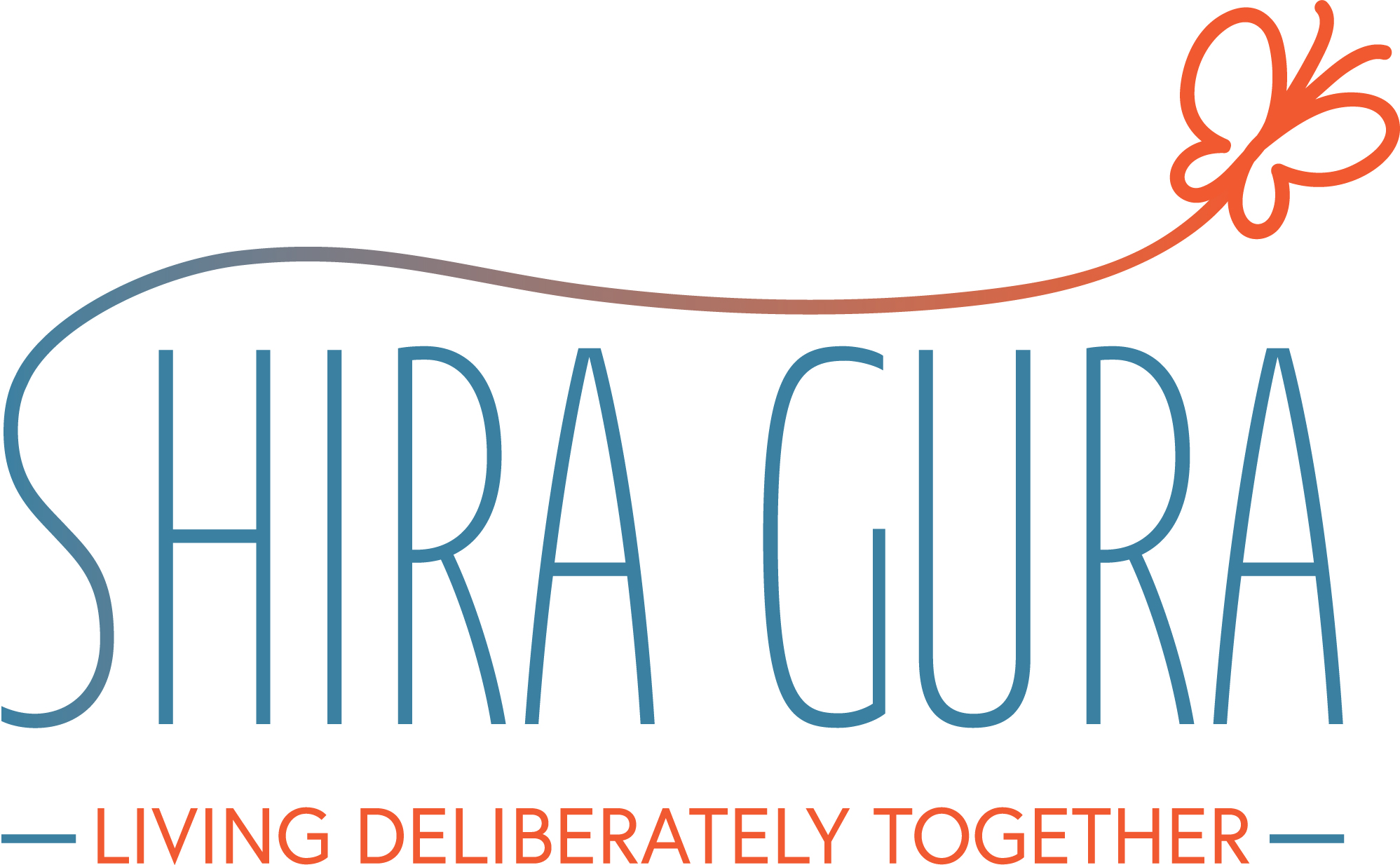


 Here are 5 reasons I believe why you should not create New Year’s resolutions, followed by thoughts on what you can consider instead.
Here are 5 reasons I believe why you should not create New Year’s resolutions, followed by thoughts on what you can consider instead.
